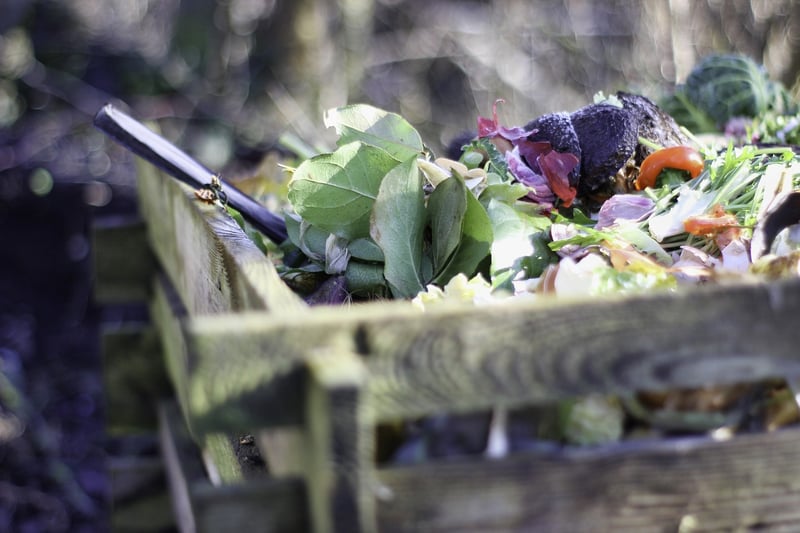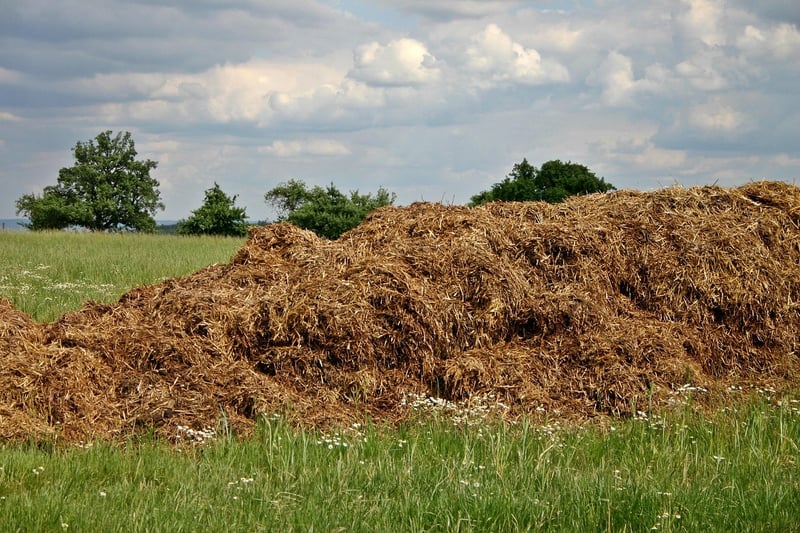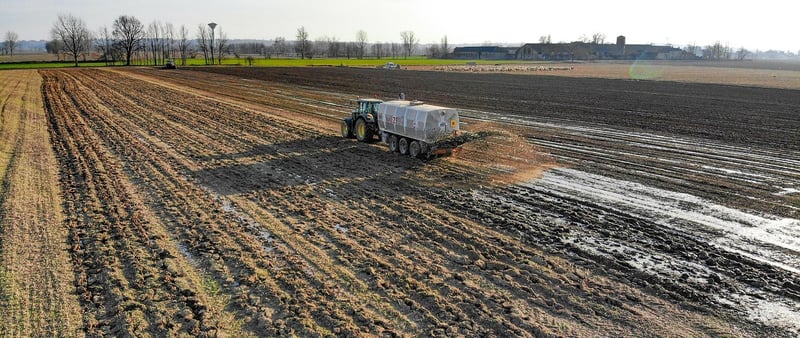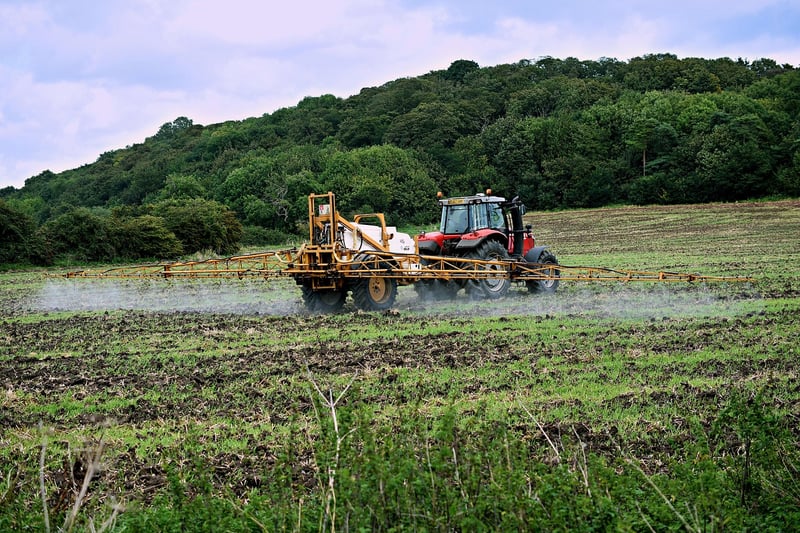Natural Fertilizers
Enhance Soil Fertility with Natural Fertilizers
Soil fertility is crucial for the health and productivity of plants. One way to enhance soil fertility is by using natural fertilizers. Natural fertilizers are organic materials that provide essential nutrients to the soil, promoting plant growth and overall soil health. Let's explore some natural fertilizers and how they can benefit your garden or farm.
The Benefits of Natural Fertilizers
Natural fertilizers offer several advantages over synthetic fertilizers. They improve soil structure, increase microbial activity, reduce the risk of nutrient leaching, and promote long-term soil health. Additionally, natural fertilizers are environmentally friendly and sustainable, making them a preferred choice for many farmers and gardeners.
Types of Natural Fertilizers
1. Compost
Compost is a nutrient-rich soil amendment made from organic matter such as kitchen scraps, yard waste, and manure. It improves soil fertility, retains moisture, and enhances soil structure. Compost also introduces beneficial microorganisms to the soil, further boosting its health.

2. Manure
Animal manure is a natural fertilizer rich in nitrogen, phosphorus, and potassium. It provides essential nutrients to plants and helps improve soil texture. However, it's essential to compost manure before applying it to avoid the risk of pathogens and weed seeds.

3. Bone Meal
Bone meal is a natural source of phosphorus and calcium, essential for plant growth and root development. It is particularly beneficial for flowering and fruiting plants that require additional phosphorus to thrive.

4. Fish Emulsion
Fish emulsion is a liquid fertilizer made from fish byproducts. It is high in nitrogen and provides a quick nutrient boost to plants. Fish emulsion is especially useful for leafy greens and vegetables that require nitrogen for lush foliage.

Tips for Using Natural Fertilizers
- Always follow recommended application rates to avoid overfertilization.
- Apply natural fertilizers evenly to ensure all plants receive adequate nutrients.
- Water the soil after applying fertilizers to help nutrients penetrate the root zone.
- Rotate the types of natural fertilizers used to provide a balanced nutrient profile for different plants.
- Monitor plant growth and adjust fertilizer applications based on the plant's needs.
By incorporating natural fertilizers into your gardening or farming practices, you can improve soil fertility, support plant growth, and promote a sustainable environment for future generations.
Remember, healthy soil is the foundation for thriving plants!
